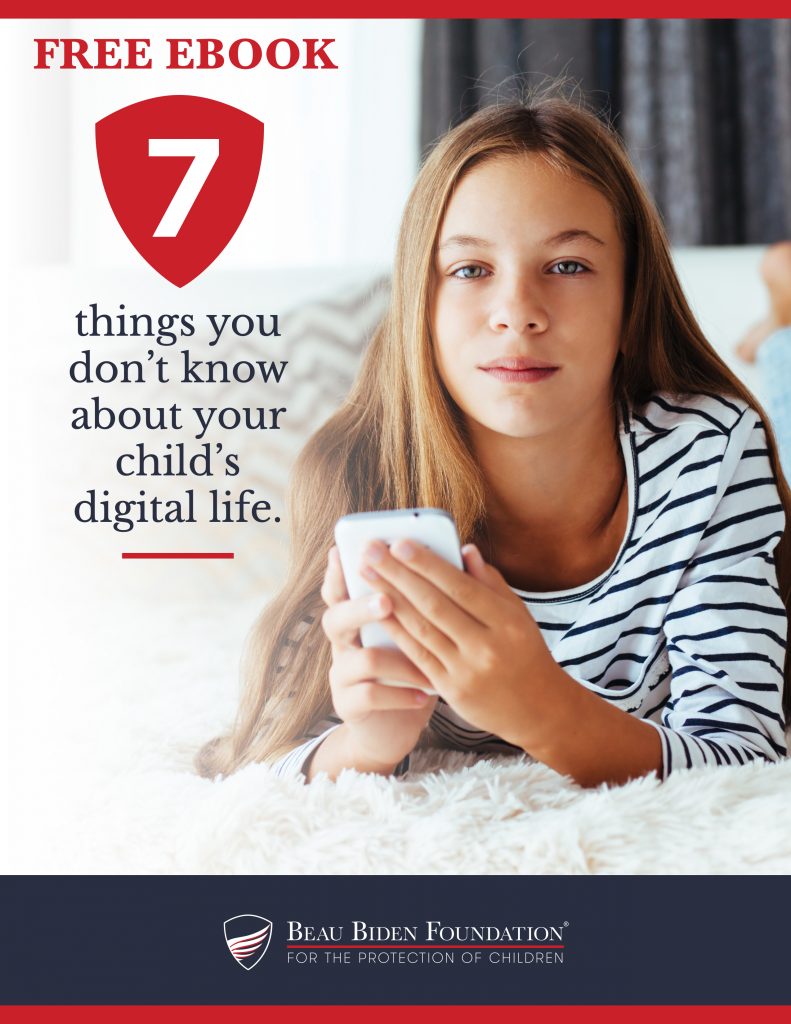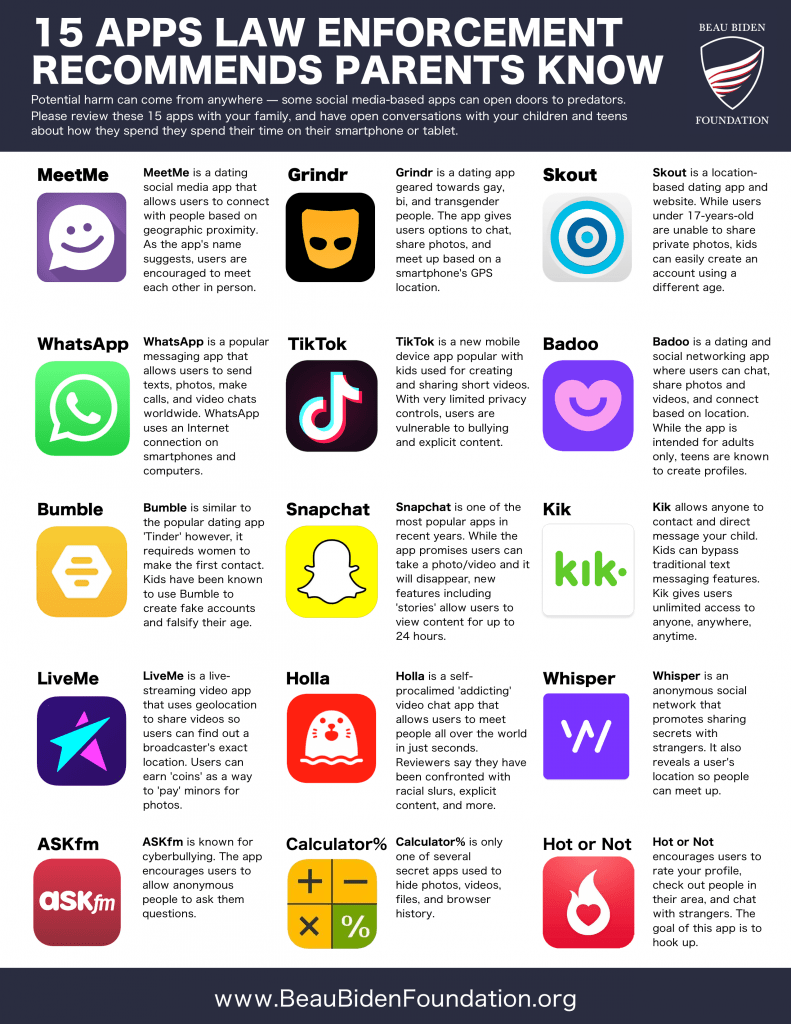A recent piece from Psychology Today asks – and answers – a very important question: “What do the Great Recession and Hurricane Katrina have in common? Increased child abuse rates.” The same is now true for the current health crisis.
While some restrictions are being lifted, children in dangerous situations are still cut off from their support network of teachers, counselors, and mentors – those who report abuse and neglect most often. It is critical for all adults to be mandatory reporters – in times of quarantine or not. Any reasonable suspicion of child abuse must be reported immediately to the child abuse report line.
What if a child tells you outright that they have been abused? There are some very important steps you can take to ensure that your reaction or response does not cause any further traumatization.
Remain calm and listen with composure.
Do your best to not visibly react or display anger. While these may be a natural reaction, it is important to show the child that you are there to listen and that they can trust you. Stay calm because a child will be watching your reaction very closely. Think of it this way, if a child was sick or injured would you freak out? Probably not because you know how to handle the situation and where to go for help. The same holds true here.
Be sympathetic and supportive
It shows you are compassionate about their situation and offers children comfort. It also sets the stage for the child to be more open in their disclosure.
IF you need to keep the conversation going, only sk open-ended questions like “what happened next?”
Be sure not to ask leading questions- questions that provide a possible answer- example “It was very hot there, right?” Let the child tell their story without asking “yes” or “no” questions. Leading questions may interfere with the child’s memory of events. “What happened next” or helps the child better recount their experience. Also avoid any blaming remarks or other suggestive language which could contaminate the investigative process, or worse, be injurious to the child.
Let children know you will help them and report the abuse immediately to the proper authorities.
Disclosure of abuse and neglect is an extremely anxious time for a child. The circumstances of the disclosure of abuse or neglect can help set a child down the proper path for healing. Reinforce to children that they can trust you and that something will be done to help them.
If a child has disclosed abuse to you, or you have reasonable suspicion of abuse, please click here to find the child abuse reporting line in your area and make the call. Any delay in reporting can put that child – and any other child the abuser may have access to – at risk.

Seven Things You Don’t Know About Your Child’s Digital Life
Please click here to download our informative and FREE ebook.

